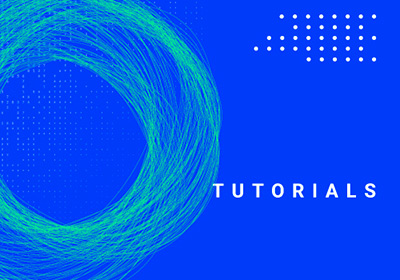Tutorials

ECAI 2020 hosts two kinds of tutorials: a) “standard” half-day tutorials; b) 90-minute “spotlight” tutorials. Spotlight tutorials are meant to address emerging areas, techniques, methodologies and perspectives in AI or specialized topics. Standard tutorials are meant to cover rather established areas of AI such as (but not exclusively) Machine Learning, Knowledge Representation and Reasoning, Semantic Web, Natural Language Processing, Multi-Agent Systems, Robotics, as well as topics in the overlap of such research areas.
Tutorials should serve one or more of the following objectives:
- Introduce novices to major topics within Artificial Intelligence.
- Introduce expert non-specialists to an AI subarea.
- Motivate and explain a topic of emerging importance for AI.
- Survey a mature area of AI research and/or practice.
- Provide instruction in established but specialized AI methodologies.
- Present a novel synthesis combining distinct lines of AI work.
- Introduce AI audiences to an external topic that can motivate or use AI research.
- Mentor AI researchers (particularly, junior researchers) on a broad AI-relevant non-technical topic (examples could be AI jobs, or ethical issues in AI).
August 29
9:00 am
12:15 pm

Probabilistic Circuits: Representations, Inference, Learning and Applications
9:00 am
10:30 am

An Introduction to Vector Symbolic Architectures and Hyperdimensional Computing
1:45 pm
5:00 pm

A Submodular Optimization Framework for Data, Feature and Topic Summarization
August 30
1:45 pm
5:00 pm

Deep Learning for Graphs – Processing symbolic relationships with neural networks
September 04
9:00 am
12:15 pm

Tutorial on Distributed Constraint Optimization for the Internet-of-Things (DCOP for IoT)

